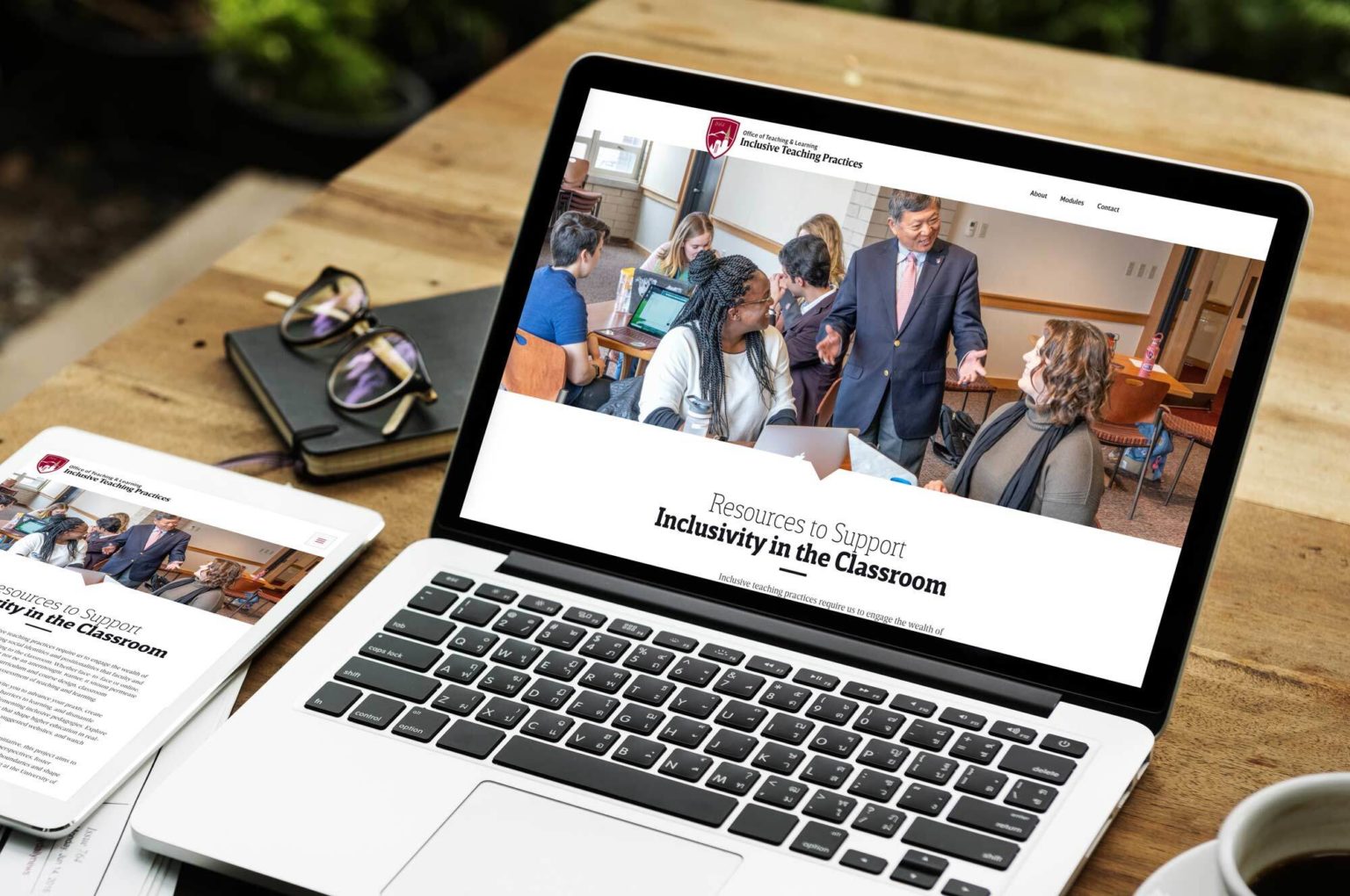As the last several days and months have made abundantly clear, communities of color are disproportionately impacted by systemic and institutional failures. These failures are exacerbated when Black, Indigenous, and People of Color on our campus are confronted with painful institutional histories that surface and resurface on social media and other platforms.
Most recently, our students have had to deal with a past yearbook picture posted to Instagram that showed DU students living at Johnson MacFarlane Hall mock lynching a fellow Black student. Another image circulated on social media of a recently admitted student (whose offer has since been rescinded) who had posted to his social media page an image of him in Blackface describing himself with a racial epithet. These images provoke anger, grief, fear, and exhaustion among so many of our students and they challenge us as educators to be knowledgeable and thoughtful in addressing these issues.
DU leadership know these artifacts exist in our archives and have consciously chosen not to erase our institutional history. Instead, DU has opted to preserve access to these artifacts so that we as an institution can continue to do the work of reckoning with our institutional history vis-à-vis local, state, and national legacies of colonization, slavery, internment, and systemic racism. As scholars of cultural memory and histories of racialization, we agree that omission, erasure, and amnesia concerning painful pasts would be counter to our educational mission. Our responsibility instead as DU faculty is to learn about and interrogate our institutional history. In this regard, we are grateful to all our colleagues on the John Evans Study Committee who modeled how faculty can lead in this important work of institutional reckoning.
Together, we represent the Office of Diversity, Equity, and Inclusion, Faculty Senate, and Faculty Affairs. As a collective of faculty leaders as well as teachers and scholars in the fields of race and ethnic studies, we aim to empower faculty to teach in responsive ways. This in part means ensuring that all our faculty have effective, compassionate, and inclusive tools to address the many challenges that our diverse communities collectively and differentially are asked to confront in our classrooms.
We want to share with you the following resources that are available now:
Immediate resources for student support
- Student Support Program (My SSP)
24/7 access to clinical counselors via the My SSP app, confidential, and free for DU! Real-time text or talk with a My SSP counselor. Download the free My SSP app in your device’s app store! For more information visit: us.myissp.com - The Health & Counseling Center (HCC) provides many tele-medical and mental health services, including crisis and after-hours support. All University of Denver students have access to free crisis services at the HCC, regardless of insurance coverage (303-871-2205).
- Student Outreach & Support is a University resource where trained staff members ensure that students are connected to appropriate campus resources, have a plan of action to meet their goals, and learn how to navigate challenging situations. You can activate these services by completing a SOS Referral at sos.du.edu or by calling 303-871-2400
Resources for support in the classroom
- Pedagogical Strategies to Acknowledge and Discuss Institutional Legacies of Racism
- Inclusive Teaching Practices Website
- Teaching Tolerance
Resources for expanding your understanding
We also want to share our plans to amplify this work and learning for all of us into the future:
- There is a need to create plans to make faculty aware in a timely manner of DU specific incidents that impact our students, like the photos that surfaced this past week. Often faculty are unaware of these events that weigh heavily on students. As a result, students can interpret faculty silence as a lack of care. We are committed to work together and partner with key stakeholders to create a communication structure that informs faculty of these events in real time.
- We are committed to partnering with Human Resources and Inclusive Communities, Faculty Senate, and other key stakeholders to discuss how we might share our institutional histories with incoming faculty so that we all better understand and are better able to respond to resurfacing artifacts and support student engagement with our institutional past.
- We will be collaborating with Faculty Senate and academic units to provide resources and design and implement inclusive teaching practices and faculty trainings.
- We know that DU’s history is filled with numerous troubling people, episodes, and acts. Some we already know about, while others may still emerge. We are committed to working with students, staff, faculty, and race and ethnic studies experts as well as community collaborators to acknowledge and provide appropriate resources around already existing or newly surfaced painful institutional histories. These histories include not only Black, Indigenous, and People of Color, but all those who have been socially minoritized on account of religion, sexual orientation, gender, ability, and other positionalities. Both history and memory are contested, but we want to center the expertise of those who have been most impacted and are most knowledgeable in contextualizing DU’s complicated past.
We look forward to working together with you as we live into the DU Faculty Senate Inclusive Learning Environment Initiative and continue striving to meet our commitment to create inclusive community that serves our mission and our students.
Text from faculty email sent Saturday, June 6 in partnership with:
Kate Willink
Vice Provost of Faculty Affairs
Sarah Pessin
Faculty Senate President
Tom Romero
Associate Provost of Inclusive Excellence Research and Curricular Initiatives, Incoming (July 1, 2020) Interim Vice Chancellor of Diversity, Equity, and Inclusion

